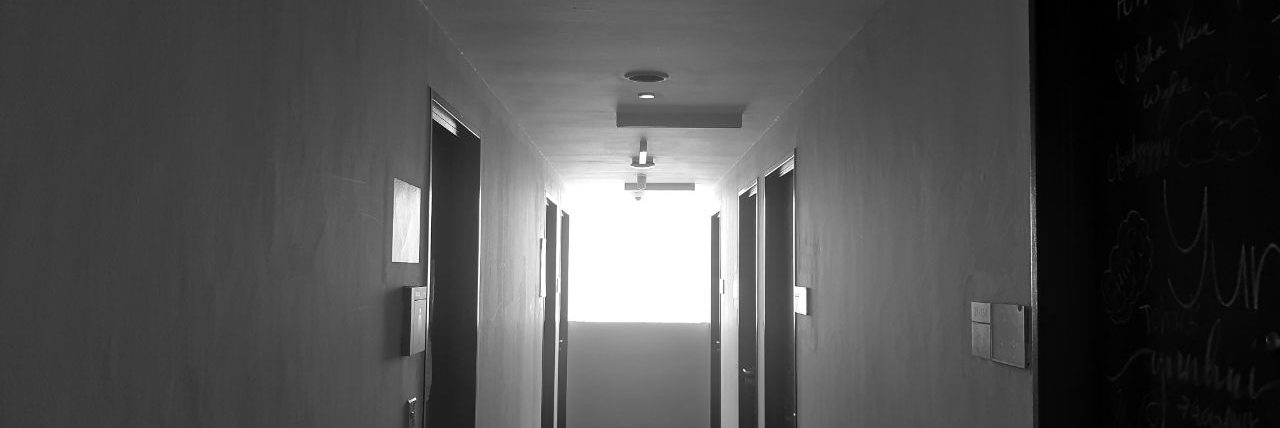“Losing things is about the familiar falling away, getting lost is about the unfamiliar appearing … looking forward you constantly acquire moments of arrival, moments of realization, moments of discovery. The wind blows your hair back and you are greeted by what you have never seen before”
—Rebecca Solnit, A Field Guide to Getting Lost
The loss of life and bodily function for millions, the loss of livelihoods for millions more and for every one of us, the loss of some of the quieter pleasures in life that we take for granted. 2020 so far has been a year of profound loss. Singaporean residents amongst us have had our lives compressed down to four walls and a door, the only reminders of the outside world being a glowing box and a spotty internet connection.
As 2020 progressed, loss began to manifest itself as hopelessness, then malaise and ultimately a lethargic sense of directionlessness. Loss has made us feel lost. The giddy anxiety of the university admission processes, the satisfaction of release from the bonds of Service, these gave way to the tumult of stillness. The trappings of daily life that provide structure and reason completely dismantled by something one four hundredth the size of a hair.
So this is the context in which we find ourselves, stepping onto the back driveway of 26 College Avenue East, whisked away by the nearest green shirt, clinging desperately to an impossibly unstable pile of barang-barang, the stability of our old lives reduced to the limits of our white knuckles and straining suitcases. For some of us, an uncomfortable déjà vu permeated the proceedings. Being surrounded by faceless folk dressed in green, surrendering our photo IDs, followed by an eerily similar list of firsts. First meal, first time in our new accommodations, first time seeing the people with whom we will spend the next 2 years with.
This motif of being lost was integral to the central theme of Tembusu Welcome Week, with the central conceit of us freshmen as a group of explorers crash landing on Planet Tembusu.This time, however, being lost felt exciting and immersive rather than oppressive and anxious.
As Rebecca Solnit posits in The Field Guide to Getting Lost, getting lost does not merely mean being unable to find our place in the world, but daring to temporarily put aside our own attachments and immerse ourselves, to live in the present. Let go, at least for now, the insecurities and anxieties and learn to accept what is on show without presupposition or judgement. And so we did. Haltingly at first, where small breaks in structured activities signalled moments of silence and tentative efforts at breaking the ice. Then all at once, when we found sufficient comfort (and with some gentle nudging from our WGLs) to partake in the simple social pleasure of waiting for the NUSafe pass to turn green outside Fine Food. We solidified most of our early bonds that day at the in-between space of the CREATE Tower atrium in our hastily assembled groups of five.
Writing this weeks after move-in day, my recollections of TWW have already begun to fade, and probably so have yours. The high of being lost in new surroundings in a new group of people is slowly beginning to cede to the painful restrictions we all have to abide by. Cross zone meetings with friends and fellow WG-lings will remain furtive and fleeting. Any zone of bonding activities will be marred by a webcam or the paranoid checking of headcounts and venue restrictions.
The loss in autonomy and spontaneity has also been something keenly felt. A place where the lounge was always active buzzing, where spontaneous discussions and gatherings lasted until sunrise. The picture of Tembusu that the seniors painted appears closer to the fevered imagination of a fantastical application essay than the muted reality we live in. This is what we do not even realise we have lost. Yet this is also the institutional memory we must somehow maintain the embers of, and if given the green light, have the imagination and force of will to reinstate. At times, it feels like an impossible ask.
I suppose the best we can do is continue being lost, to be ‘utterly immersed in what is present so that its surroundings fade away’ as German philosopher Walter Benjamin puts it. Remain committed to the present and dive wholeheartedly into the bewilderingly broad array of experiences on offer. I do hope you have enjoyed TWW as I have, and I hope we all can start to feel a little less lost, but get a little more lost.
Header and feature images by the author.
About the Author:
Voon Jung, by virtue of mathematical trauma in school, is a Y1 student from FASS. He enjoys exploring the idiosyncratic island we call home, though too much of his spare time is spent attempting to turn ennui into something productive.





